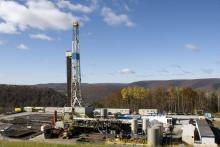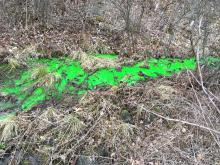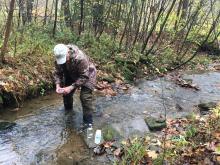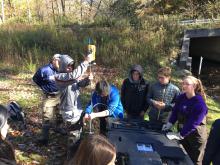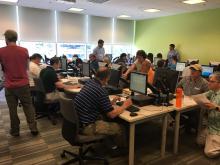Bradford Co. water quality improves; impacts rare near shale gas wells
By Matt Carroll
UNIVERSITY PARK, Pa. — A new study of groundwater in a rural Pennsylvania county shows only rare instances of possible gas contamination amid an overall trend of improving water quality despite heavy Marcellus Shale development.
